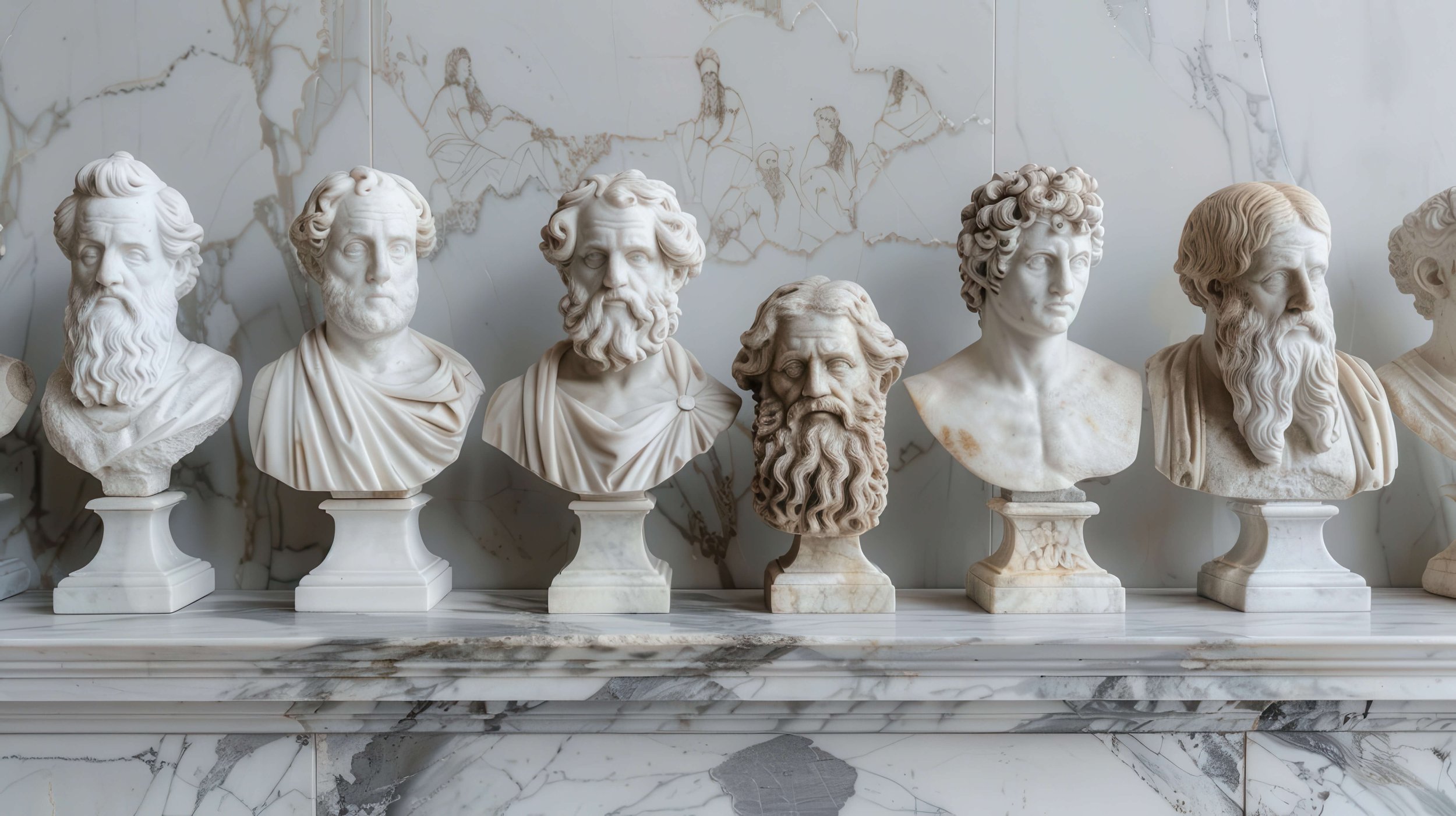AI and the Human Mind: The Cognitive Revolution. There is no artificial wisdom.
I am a innovative practicing physician, a disruptor, an early technology adapter and an entrepreneur.
I have pondered on the impact AI will have the human mind, very similar to the way engines impacted human locomotion and travel. I also soon realized that there is no "artifical wisdom". We still rely on ancient writings to understand the "why" and gain wisdom.
As I began to explore the transformative potential of AI on human cognition, AI's limitations when it comes to wisdom was immediately aparrent to me
AI and the Human Mind: The Cognitive Revolution
As an innovative physician, disruptor, and entrepreneur, I've often been asked about the transformative potential of AI and it's impact on physicians and humans in general.
Just as the invention of engines revolutionized human travel and transformed our relationship with distance and time, artificial intelligence is poised to dramatically reshape our cognitive landscape. The impact of AI on the human mind promises to be equally profound and far-reaching.
The Engine of Thought
Engines allowed us to traverse vast distances at unprecedented speeds, expanding our horizons both literally and figuratively. Similarly, AI is amplifying our mental capabilities, enabling us to process and analyze information at a scale and speed previously unimaginable.
Consider how search engines have already transformed our access to information. Now, imagine that power exponentially increased through advanced AI systems. We're now entering an era where complex problem-solving, pattern recognition, and data analysis can be augmented by AI, much like how engines augmented our physical capabilities
Cognitive Augmentation, Not Replacement
As much as most fear that machines and AI will take our jobs and power, it's crucial to understand that AI is not replacing human cognition, but rather augmenting it. Just as engines didn't eliminate our ability to walk but gave us new modes of transportation, AI is providing us with new cognitive tools.
These tools are allowing us to:
Process vast amounts of data quickly
Identify patterns invisible to the human eye
Generate creative solutions to complex problems
Automate routine mental tasks, freeing up our minds for higher-level thinking
Reshaping Industries and Professions
In healthcare, AI is already assisting in diagnosis, treatment planning, and drug discovery. As a physician, I have started to realize that AI is fast becoming an indispensable partner in patient care, much like how modern transportation became essential for medical logistics.
The Limits of Artificial Intelligence: There is No Artificial Wisdom
While AI's impact on cognition is undeniable, it's equally important to recognize its limitations, particularly when it comes to wisdom.
The Essence of Wisdom
Wisdom, unlike intelligence or knowledge, is not merely about processing information or solving problems. It involves:
Deep understanding of human nature and the human condition
Ethical judgment and moral reasoning
Empathy and emotional intelligence
The ability to navigate ambiguity and uncertainty
These qualities are fundamentally human and rooted in our lived experiences, emotions, and consciousness.
Ancient Wisdom in the Modern Age
It's no coincidence that we still turn to ancient philosophical texts for guidance on life's most profound questions. The works of Aristotle, Confucius, the Granth Sahib (the holy book of the Sikhs) or the Bhagavad Gita continue to offer insights into the human condition that no AI can replicate.
These ancient writings provide us with:
Frameworks for ethical decision-making
Insights into the human condition and nature of happiness and fulfillment
Guidance on cultivating virtues and character
Perspectives on the meaning of life and our place in the universe
The Complementary Role of AI and Wisdom
While AI cannot generate wisdom, it can certainly aid in its pursuit. By handling routine cognitive tasks and providing rapid access to information, AI frees up our mental resources to engage more deeply with philosophical questions and ethical dilemmas.
Conclusion: Embracing the Cognitive Revolution Wisely
As we stand at the cusp of this cognitive revolution, it's crucial to approach it with both excitement and discernment. AI will undoubtedly transform how we think and process information, much like engines transformed how we move and travel. However, the pursuit of wisdom – the deep understanding of 'why' – remains a uniquely human endeavor.
Our challenge, as innovators and disruptors, is to harness the power of AI to augment our cognitive abilities while simultaneously cultivating the timeless wisdom that guides us in using these abilities ethically and meaningfully. In this way, we can ensure that our technological progress is matched by our growth in wisdom, creating a future that is not just smarter, but also wiser.
Now, I would be really worried, if machines somehow mastered Artificial Wisdom with or without human assistance.


